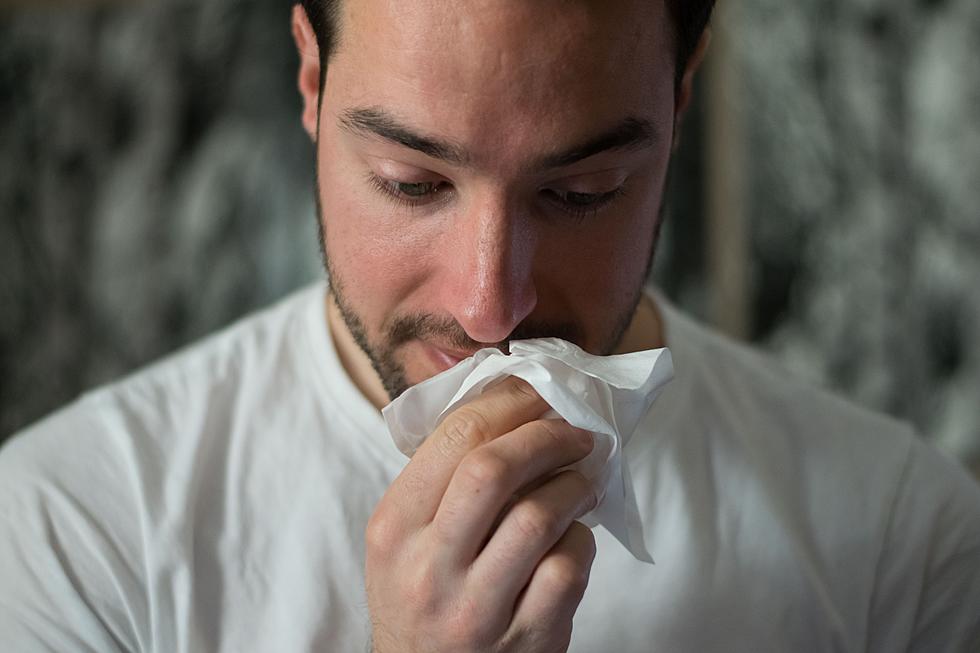![What Does Early Flu Season Mean For NJ? [AUDIO]](http://townsquare.media/site/394/files/2012/04/Flu-shot.jpg?w=980&q=75)
What Does Early Flu Season Mean For NJ? [AUDIO]
Federal health officials say flu season is off to its earliest start in nearly 10 years, and it could be a bad one.
The Centers for Disease Control and Prevention reported that suspected flu cases have jumped in Alabama, Louisiana, Mississippi, Tennessee and Texas. But, that doesn't necessarily mean this will be the case in New Jersey.
"Right now in New Jersey, there are low levels of flu activity statewide which is common for this time of year. Typically, we see peaks in flu activity in January and February," said State Epidemiologist Dr. Tina Tan. "On a national level, there is more widespread flu activity going on. But, it's still hard to tell what the entire season will look like based on what we're seeing. The virus is very unpredictable so it's important for us to continue to monitor influenza activity not only in New Jersey, but around the country as well."
Officials with the CDC believe the nation is fairly well prepared. More than one-third of Americans have been vaccinated and the vaccine is well matched to the strains of flu so far.
"Flu is a preventable disease and flu shots are the single best method for avoiding the flu because they not only protect you, but those around you. People who have not yet been vaccinated should get vaccinated as soon as possible. I would encourage people to get the shot before the virus is circulating widely in the community for optimal protection," said Tan. "As long as flu season isn't over, it's not too late to get vaccinated."
The symptoms of flu include fever, chills, cough, sore throat, runny or stuffy nose, body aches, headaches and fatigue. Most people recover from the flu within two weeks, but some people may develop serious complications such as pneumonia, which can be life-threatening. Individuals with concerns about their symptoms should consult their health care provider.
Those who do get the flu should stay home for at least 24 hours after a fever is gone except to get medical care. Your fever should be gone without the use of a fever-reducing medicine. You should stay home from work, school, travel, shopping, social events, and public gatherings.
Vaccines are safe and effective. Vaccine supplies are ample this year. There are many choices available for the flu vaccine. This season, the regular flu shot is available with the nasal spray vaccine. The nasal spray is an option for healthy people 2-49 years of age. Women who are pregnant should not receive the nasal spray vaccine. There is also a "high-dose" vaccine for people 65 years of age and older and an intradermal vaccine with a much smaller needle that is approved for use in people 18 to 64 years old.
But some people should not get a flu shot. Children younger than six months of age are too young to get vaccinated and anyone who has ever had a severe allergic reaction to the flu vaccine also should not get a flu shot. People with known severe allergic reactions to eggs should consult with a doctor with expertise in the management of allergic conditions before receiving a flu vaccine.
There's more information about flu visits online.
More From 92.7 WOBM








